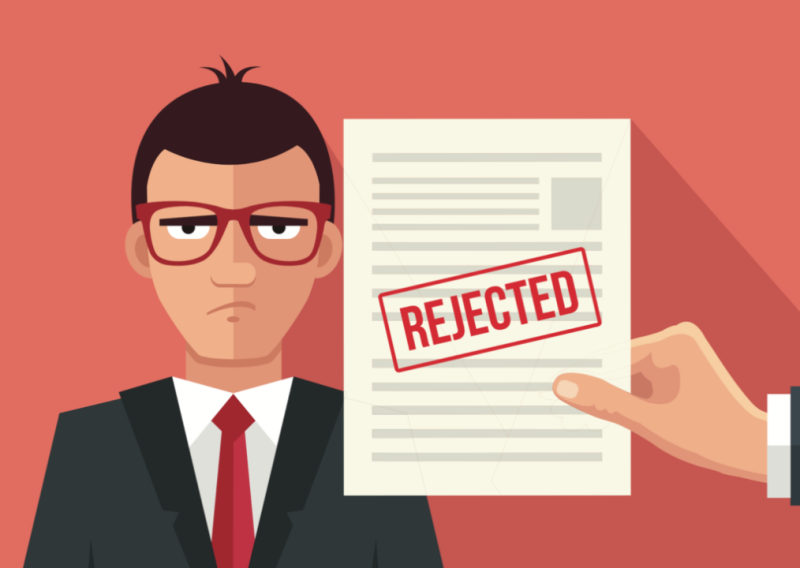What I learned from my early experiences was invaluable. First, I realized that preparation is everything. Knowing the company, understanding the role, and being able to communicate why I was a good fit made all the difference. I also learned that it’s not just about technical skills; companies look for passion and confidence, too.
Another big lesson was the importance of resilience. Those initial rejections could have been discouraging, but instead, they pushed me to improve. I learned to take feedback, adapt, and go into every interview with a positive mindset and a ‘nothing to lose’ attitude.
Finally, I discovered the importance of networking and reaching out for advice. My dad’s connections, friends, and even online resources became valuable tools for learning the ins and outs of the industry. Each setback taught me something new, and I’m grateful for those lessons, as they made me stronger, more capable, and even more committed to a career in engineering.






